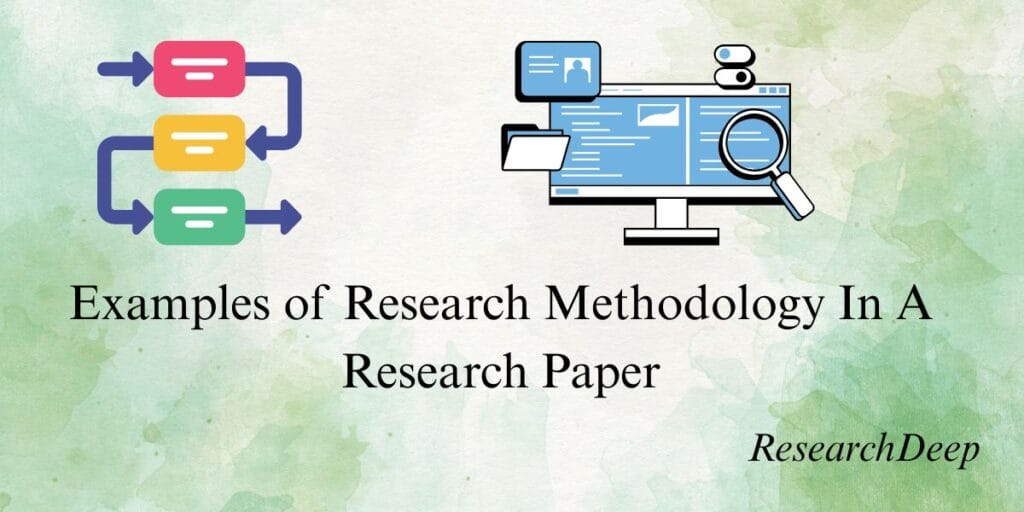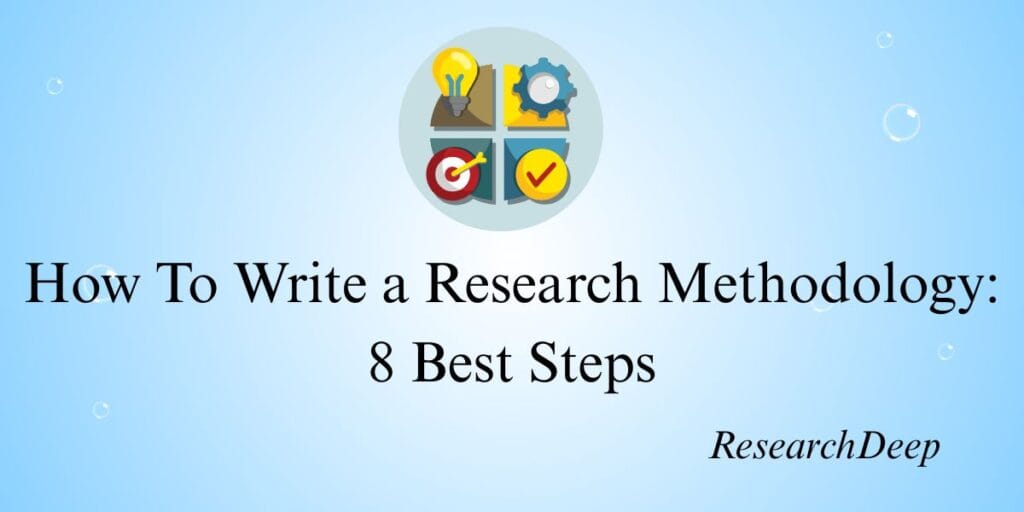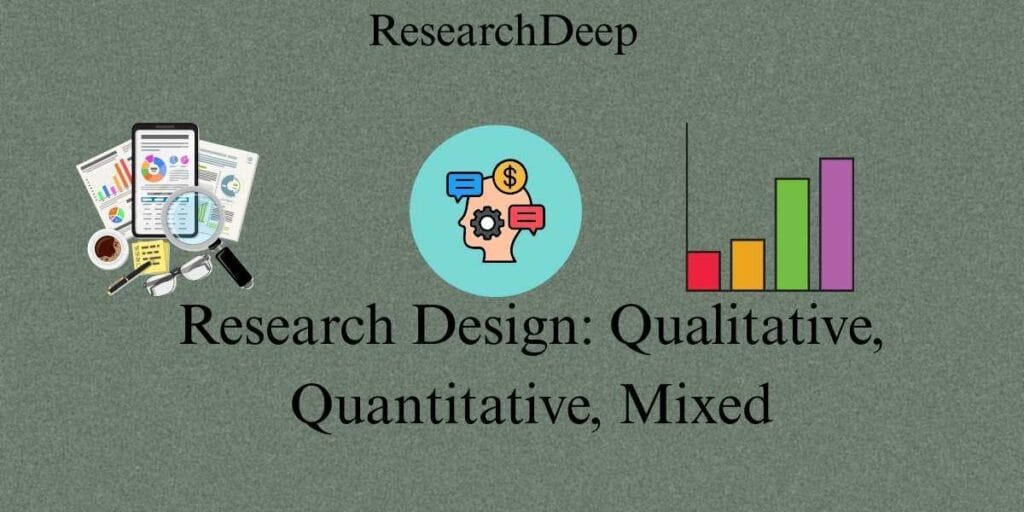| Characteristic | Description |
|---|---|
| Clarity | The question should be specific and unambiguous. |
| Feasibility | It should be answerable within the researcher’s available resources. |
| Relevance | The question must address significant issues in the field. |
| Originality | It should explore research gaps in the existing literature. |
Steps to Formulate a Research Question
1. Conduct a Literature Review
The first step in making a research question is to conduct a thorough literature review. This process allows researchers to understand the existing body of knowledge, identify research gaps, and recognize unanswered questions within their area of interest (Hart, 1998).
Creswell and Creswell (2018) recommend reviewing recent studies to pinpoint trends and areas needing further exploration.
2. Identify a Research Problem
After reviewing the literature, researchers should define a specific research problem. This involves synthesizing the information gathered to pinpoint a clear issue that the research will address. Boote and Beile (2005) suggest that the research problem should arise from real-world issues, theoretical gaps, or practical challenges in the field.
3. Brainstorm Potential Questions
Once the research problem is identified, brainstorming potential research questions is essential. Engaging with peers, mentors, or stakeholders can facilitate this process. According to Jones (2022), collaborative brainstorming often leads to more refined and innovative research questions.
4. Refine the Question
After generating a list of potential questions, researchers should refine them by assessing their clarity, feasibility, and relevance. This iterative process may involve seeking feedback from colleagues or advisors. A well-crafted question should be specific and directly aligned with the research problem (Bryman, 2016).
5. Utilize Frameworks
Several frameworks can help structure research questions effectively. For instance, the PICO framework (Population, Intervention, Comparison, Outcome) is particularly useful in health-related research (Sackett et al., 2000).
Utilizing structured frameworks helps researchers clarify their focus and ensure comprehensive coverage of the topic.
Case Studies
Case Study 1: Effective Research Question Formulation
In a study examining the impact of social media on adolescent mental health, researchers initially struggled with a vague question: “How does social media affect youth?” After refining their question to “What is the relationship between social media usage and anxiety levels in teenagers?” they were able to produce more meaningful findings and actionable recommendations (Johnson & Smith, 2022).
Case Study 2: Consequences of Poorly Defined Questions
Conversely, a project analyzing educational outcomes in rural schools failed to yield significant results due to a poorly defined question: “What is the impact of education?” The lack of specificity led to inconclusive findings, highlighting the necessity of a focused research question (Brown, 2022).
FAQs
What are the steps to create a research question?
The steps include conducting a literature review, identifying a research problem, brainstorming potential questions, refining the question, and utilizing frameworks for clarity.
What makes a research question strong?
A strong research question is clear, feasible, relevant, and original, addressing significant gaps in the existing literature.
How can I refine my research question?
Refinement can be achieved by seeking feedback from peers, ensuring specificity, assessing feasibility, and aligning with the research problem.
What frameworks can help in formulating research questions?
Frameworks like PICO, SPICE (Setting, Population, Intervention, Comparison, Evaluation), and others can assist in structuring effective research questions.
What Are Good Research Questions Examples
Good research questions examples are those that are essential for framing the study’s objectives and methodologies, ensuring that the study remains relevant and contributes meaningfully to the existing body of knowledge.
Conclusion
In conclusion, knowing how to make a research question is a foundational skill for any researcher. A well-defined research question not only guides the research process but also enhances the quality and impact of the study. By conducting thorough literature reviews, identifying specific research problems, brainstorming, refining potential questions, and concluding that they are focused and relevant.
The statistics and case studies provided illustrate the critical nature of this initial step in the research process. Investing time in developing a robust research question can significantly increase the likelihood of successful outcomes, ultimately contributing to the advancement of knowledge in the respective field.
With a methodical approach to question formulation, researchers can enhance their studies’ rigor and relevance, setting the stage for meaningful contributions to their disciplines.
References
- Boote, D. N., & Beile, P. (2005). Scholars Before Researchers: On the Centrality of the Dissertation Literature Review in Research Preparation. Educational Researcher, 34(6), 3-15.
- Brown, L. (2022). The Consequences of Vague Research Questions: A Case Study. Journal of Educational Research, 45(3), 123-135.
- Bryman, A. (2016). Social Research Methods (5th ed.). Oxford University Press.
- Creswell, J. W. (2014). Research Design: Qualitative, Quantitative, and Mixed Methods Approaches. SAGE Publications.
- Creswell, J. W., & Creswell, J. D. (2018). Research Design: Qualitative, Quantitative, and Mixed Methods Approaches (5th ed.). SAGE Publications.
- Hart, C. (1998). Doing a Literature Review: Releasing the Social Science Research Imagination. SAGE Publications.
- Johnson, R., & Smith, T. (2022). The Impact of Social Media on Adolescent Mental Health. Journal of Psychology and Behavioral Science, 10(2), 45-60.
- Jones, T. (2022). Evolving Research Questions in Academic Studies. Research Insights, 18(2), 45-60.
- Sackett, D. L., Rosenberg, W. M., Gray, J. A. M., Haynes, R. B., & Richardson, W. S. (2000). Evidence-Based Medicine: What It Is and What It Isn’t. BMJ, 312(7023), 71-72.
- Smith, J. (2021). Why Research Questions Matter: A Statistical Analysis. Research Methodology Review, 12(1), 89-104.


